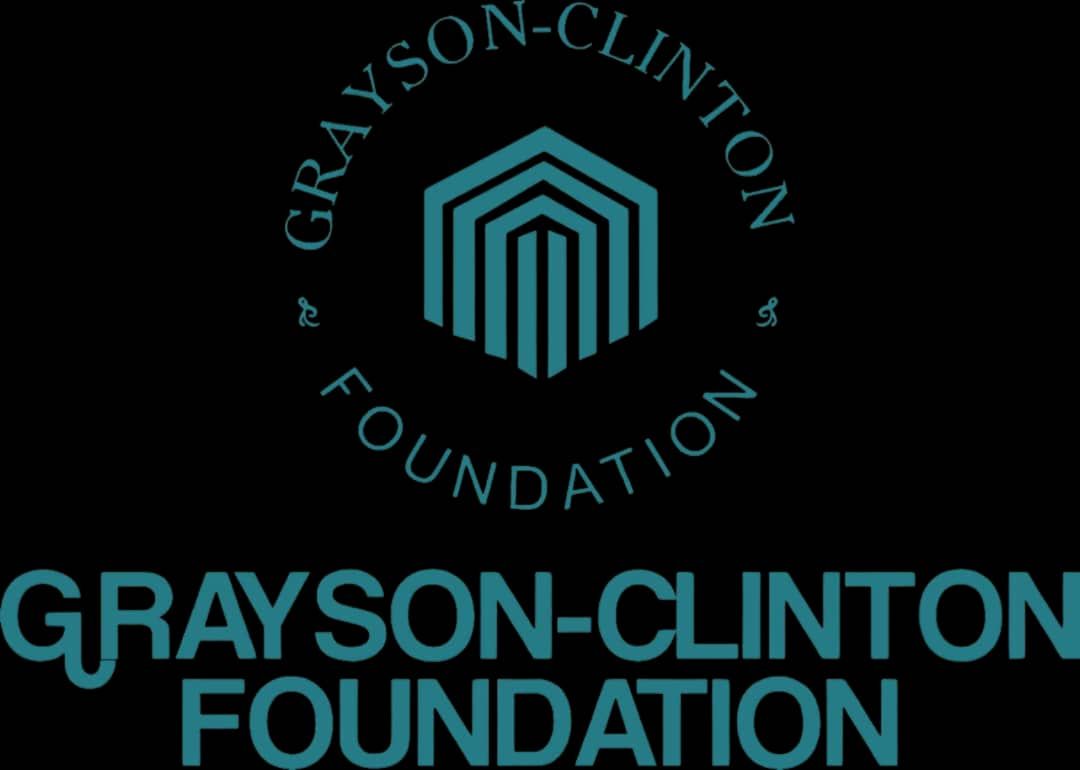
How to Avoid Potential Autism Risk During Pregnancy
Managing Stress While Pregnant
Research indicates that stress experienced by mothers during pregnancy might raise the risk of autism in their children. Managing stress levels is important for the well-being of the expectant parent and the baby's development. Doing activities that reduce stress, like exercising, practicing mindfulness, and using relaxation techniques, can support a healthier pregnancy.
Expectant parents can take proactive steps in autism prevention during pregnancy by avoiding harmful substances, managing chronic conditions and medications, and practicing stress management techniques. It’s important to get professional help, join support groups and communities, and think about early intervention and therapy options to provide the best support for the child and the family.
Help and Information for Soon-to-Be Parents
Expecting parents worried about preventing autism during pregnancy can discover support and resources to help them through this experience. Getting professional help, joining support groups and communities, and looking into early intervention and therapy options are important steps to consider.
Looking for Expert Help
Getting professional advice is crucial for autism prevention during pregnancy. Doctors who specialize in pregnancy and women's health can offer helpful information and support to parents-to-be. They can talk about specific concerns, give advice for prenatal care, and go over any possible risk factors linked to autism. Expert advice can assist parents in making smart choices and taking the right actions to ensure the health and well-being of both the mother and the baby.
Research indicates that stress experienced by mothers during pregnancy might raise the risk of autism in their children. Managing stress levels is important for the well-being of the expectant parent and the baby's development. Doing activities that reduce stress, like exercising, practicing mindfulness, and using relaxation techniques, can support a healthier pregnancy.
Expectant parents can take proactive steps in autism prevention during pregnancy by avoiding harmful substances, managing chronic conditions and medications, and practicing stress management techniques. It’s important to get professional help, join support groups and communities, and think about early intervention and therapy options to provide the best support for the child and the family.
Help and Information for Soon-to-Be Parents
Expecting parents worried about preventing autism during pregnancy can discover support and resources to help them through this experience. Getting professional help, joining support groups and communities, and looking into early intervention and therapy options are important steps to consider.
Looking for Expert Help
Getting professional advice is crucial for autism prevention during pregnancy. Doctors who specialize in pregnancy and women's health can offer helpful information and support to parents-to-be. They can talk about specific concerns, give advice for prenatal care, and go over any possible risk factors linked to autism. Expert advice can assist parents in making smart choices and taking the right actions to ensure the health and well-being of both the mother and the baby.

